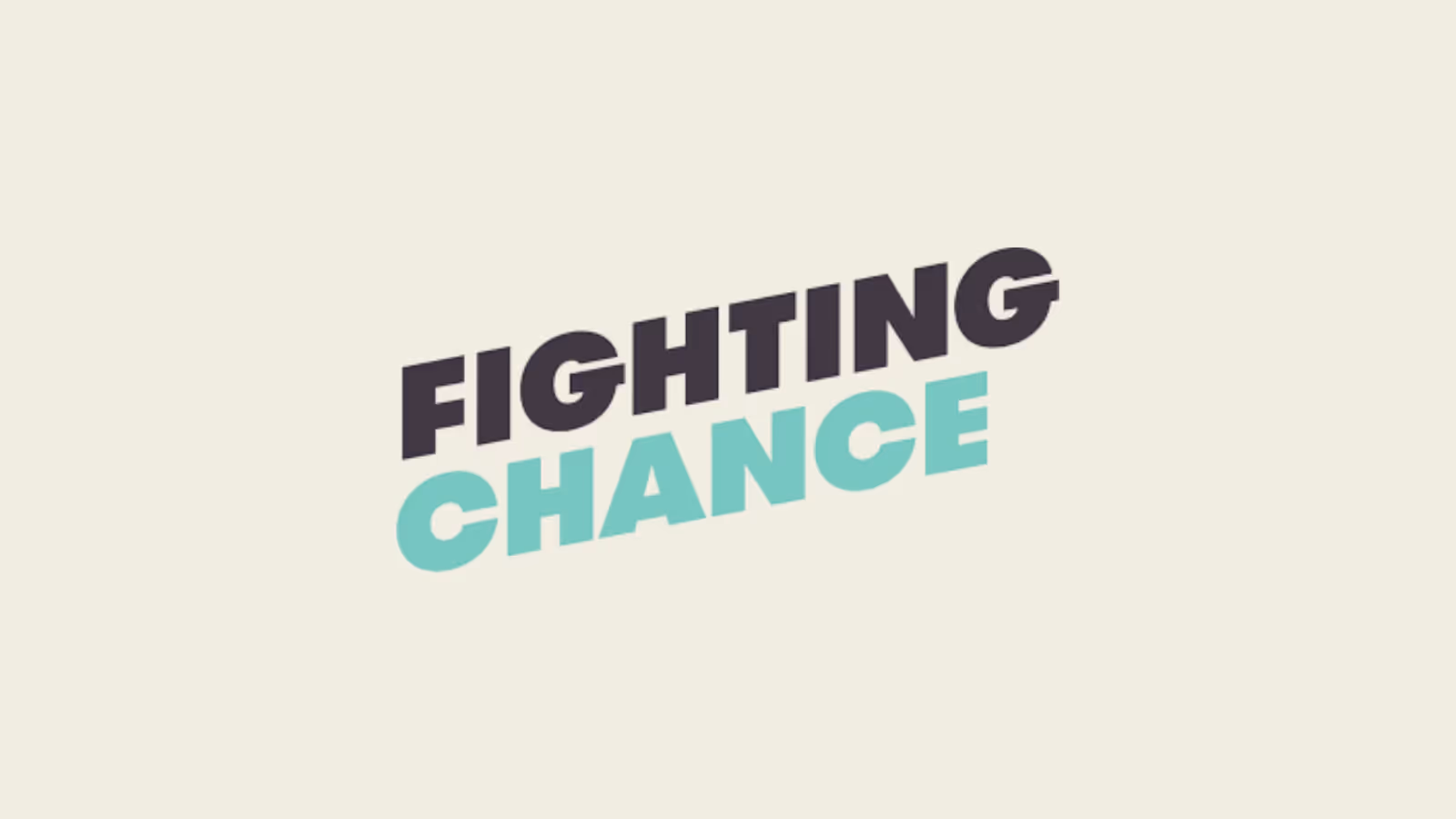Overview: Mental Health in the Workplace Report
Mental health is driving more workplace claims—see what it means for your business.

Mental Health in the Workplace
Mental health conditions account for an increasing proportion of serious workers’ compensation claims, and have garnered significant attention over recent years as awareness of their impact on individuals and workplaces has grown.
So what does the recent Safe Work Australia Data Report show and what does it mean for your business when it comes to managing the Psychological Safety of your teams?
Well in a nutshell:
Prevalence:
- Mental health conditions account for 9% of all serious claims and 7% of all work-related injuries and illnesses, with a 36.9% increase since 2017-18.
Types of Conditions:
- The most common type of claim is anxiety/stress disorders (45.8%).
Causes:
- Workplace harassment or bullying is the leading cause (27.5%), followed by work pressure (25.2%) and workplace violence (16.4%).
Industries:
- Health care and social assistance has the highest number of claims (25%) and reports lower employee satisfaction in several areas.
- Public Administration and Safety and Education and Training have the greatest increases in claims since 2017-18.
- Health Care, Manufacturing, and Wholesale/Retail Trade have the highest prevalence of workplace bullying claims.
Gender:
- Over half (57.8%) of serious claims are among women, who also experience higher rates of psychological distress and workplace sexual harassment.
Age:
- The highest increases in claims are among 65+ year olds (88%) and 25-34 year olds (58%). Both groups mainly cite workplace bullying as the stressor.
Return to Work:
- The return-to-work rate for mental health claims is lower (79.1%) than for all injuries (91.6%).
- Nearly half (44.5%) of those returning require additional time off.
Cost:
- The median time lost and compensation paid for mental health conditions are over four times greater than for all other injuries and illnesses.
These statistics highlight the significant impact of mental health issues in the workplace, especially regarding factors like harassment, work pressure, and lack of support. They also emphasise the need for better prevention, support, and awareness programs to address these challenges at the source.
Where to from here?
- Provide early intervention support to staff and training to leaders about the impacts of Psychosocial Hazard legislation and their impacts on your teams mental health
- Have a process for identifying hazards and risks including; consulting your team, looking at historical data and having a clear channel for staff to report incidents.
- Make sure you are complying with legislation by having a formal process to manage assessments, controls and reviews. Don’t use email or have a single point of failure, things getting missed or lost is no longer an excuse.
- Develop an action plan for managing the psychological safety climate of your organisation to increase the likelihood of staff feeling comfortable to discuss issues openly without repercussions. This is a critical step to manage risks to your business.
What is a Psychological Safety Climate
A psychological safety climate refers to the feeling workers have regarding procedural justice being followed. It is a workers feeling on whether the correct processes and procedures will be followed to improve outcomes if incidents or issues are reported.
How Foremind Supports Businesses
At Foremind, our aim is to enable organisations to support the Mental Health of their employees and utilise a proactive approach to Psychosocial Hazard management.
Our tailored psychosocial safety screening tool addresses gaps in existing tools and considers the unique challenges and risks associated with workplaces in the industry.
The emphasis on an integrated approach involving supporting worker wellbeing while managing a psychological safety climate underscores our commitment to preventing psychological injuries and improving workplace culture.
Introducing Our Contemporary Guide for Business Owners and Leaders
Team mental wellbeing is critical to the success of every business. And the pressures on mental health in the workplace have been at record levels since the pandemic.
Managing your team’s mental wellbeing isn’t a one-and-done process. It takes effort and time. But to get it right will be well worth the effort.
In our guide we will unpack the key steps in creating a psychologically safe workplace that allows your workers and your business to thrive.
Help is always available
Here are some useful resources for more help – for you and for your team:
- Lifeline – 13 11 14 and https://www.lifeline.org.au/ – offers fee, confidential, 24/7 telephone crisis support and lots of info and resources on their website
- Beyond Blue – https://www.beyondblue.org.au/ – info and support about mental health and suicide prevention
- Heads Up – https://www.headsup.org.au/ – the part of Beyond Blue that is specially developed for mental health in the workplace
This post has discussed challenging topics, which can be confronting for particular readers. If you need support, please feel free to contact Lifeline on 13 11 14 or 000 if you need immediate help to stay safe.
Find out more about how Foremind is making access to mental health mainstream for workers and supporting companies manage their Psychosocial Hazard compliance!

Hello 👋 I’m Joel the founder of Foremind.
Are you ready for simplified support & compliance?
Latest insights
Answers to the frequently asked questions.
Email us at enquiries@foremind.com.au and we'll get back to you quickly with a response
Yes, we have culturally competent counsellors available, including those able to work with first nation and CALD employees.
Onshore on secure AWS Servers in Sydney Australia. All data is encrypted in transit and at rest and our entire team is located in Australia.
Employees can access our platform on any device (mobile, laptop, desktop, etc.) as long you have the website link - no need to download any app on devices. You wouldn’t need to enrol any of your staff individually.- When we do our onboarding, we ask for the first name, last name and email of all your employees, and send out an email invite to all them which will allow them to create their own individual account to access the platform. For new staff we can also invite them or provide you with a unique link to embed in your onboarding process, whichever is more convenient for you. We also kick things off with a launch webinar or video to make sure everyone is aware of Foremind and how to use it. We’ll also provide you with any collateral such as posters, QR codes, brochures etc. to help drive awareness and encourage people to create an account in the platform.
The support line is answered by our reception service 24/7. It is for urgent platform or session-related issues only (e.g. *“My counsellor didn’t show”*) or helping staff create an account.






